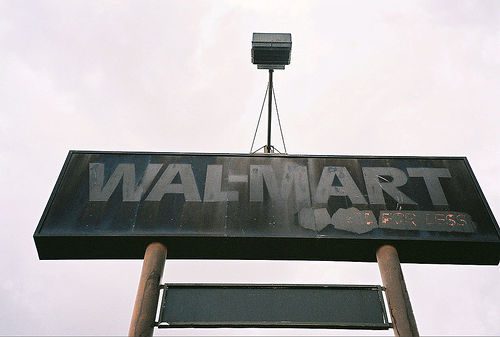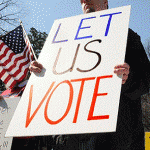Each year, lawyers representing the Republican and Democratic Parties’ presidential nominees meet to detail how their televised debates will proceed. We say their because the Commission on Presidential Debates, despite its official-sounding name, was created and is controlled by those two parties.
Thanks to an insider leaking the 2012 agreement, we see once again the degree to which the candidates themselves control nearly every detail to avoid any hint of spontaneity or unpredictability. Some of the dictates, such as describing camera angles and details of stools, come across as harmless control freak obsessions. But read closer, and one can see a large part of the purpose is to ensure the CPD events resemble joint campaign appearances, not real debates. As CBS journalist Dan Rather said, “This will not be a debate in the sense the word is often used in the English language because all of this is so tightly controlled by the candidates themselves and their managers.”
Among the terms dictated by the nominees and executed (to the degree they can control) by the Obama and Romney campaigns in 2012:
Re: the “town-hall” style debate
- “The moderator will not ask follow-up questions or comment on either the questions asked by the audience or the answers of the candidates…”
- “Prior to the start of the debate, audience members will be asked to submit their questions in writing to the moderator… The moderator shall approve all questions to be posed by the audience members to the candidates. The moderator shall ensure that the audience members pose to the candidates a balance of questions on foreign policy and national security, on the one hand, and domestic and economic policy on the other.”
- “If any audience member poses a question or makes a statement that is in any material way different than the question that the audience member earlier submitted to the moderator for review, the moderator will cut-off the questioner and advised the audience that such non–reviewed questions are not permitted.”
- “The audience members shall not ask follow-up questions or otherwise participate in the extended discussion, and the audience member’s microphone shall be turned off after he or she completes asking the questions.”
Elsewhere
- “The candidates may not ask each other direct questions during any of the four debates.”
- “At no time…shall either candidate move from his designated area behind the respective podium.”
Note this extreme level of control is what led the League of Women Voters to walk away from sponsoring the debates in 1988.
When the campaigns of George H. W. Bush and Michael Dukakis handed the League their privately negotiated memorandum of understanding, the League’s trustees voted unanimously to pull out of the debates and issued perhaps the harshest press release in its history, stating:
“… the demands of the two campaign organizations would perpetrate a fraud on the American voter. It has become clear to us that the candidates’ organizations aim to add debates to their list of campaign-trail charades devoid of substance, spontaneity and answers to tough questions. The League has no intention of becoming an accessory to the hoodwinking of the American public.”
The CPD has controlled every nationally televised debate since and likely will do so until enough citizens demand this essential function be controlled by an independent and non-partisan body.



